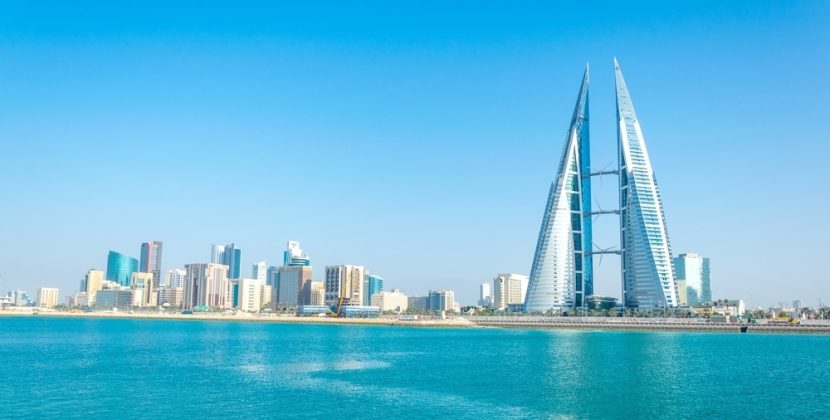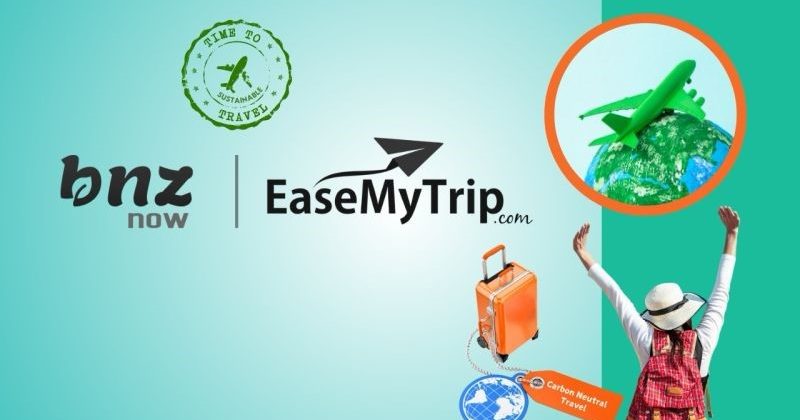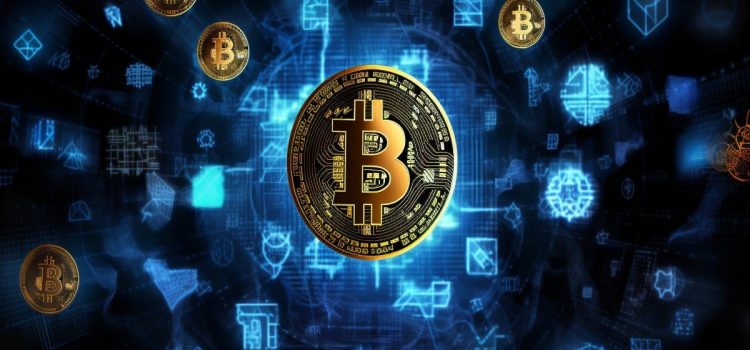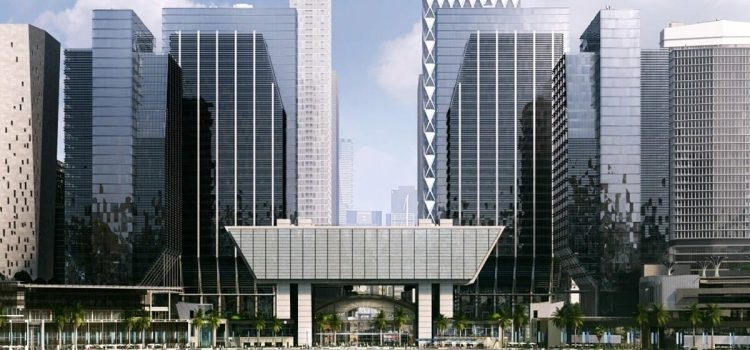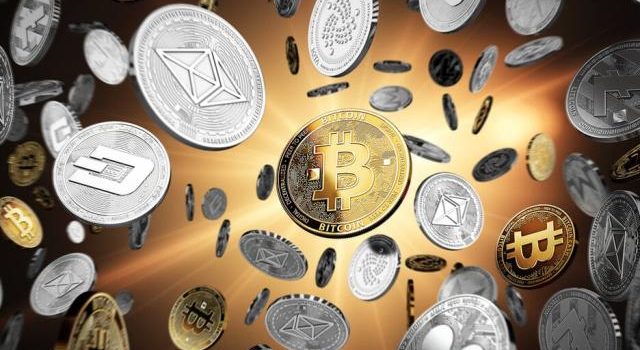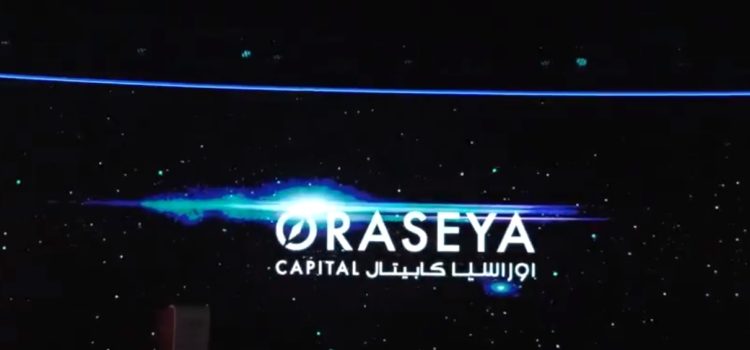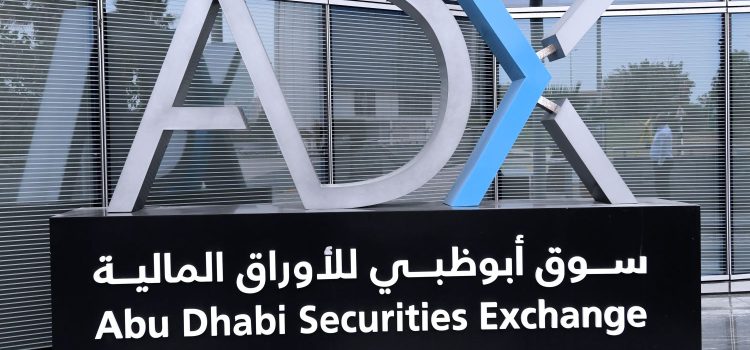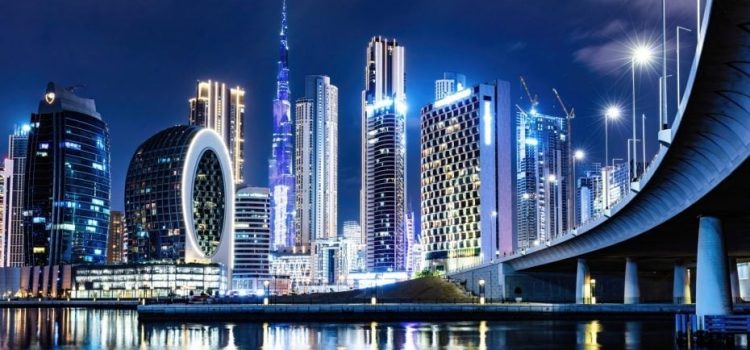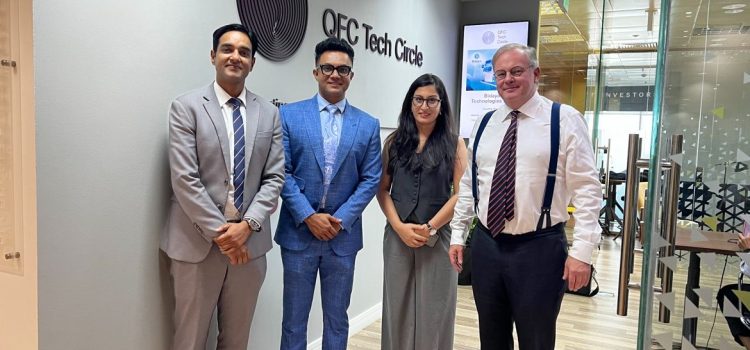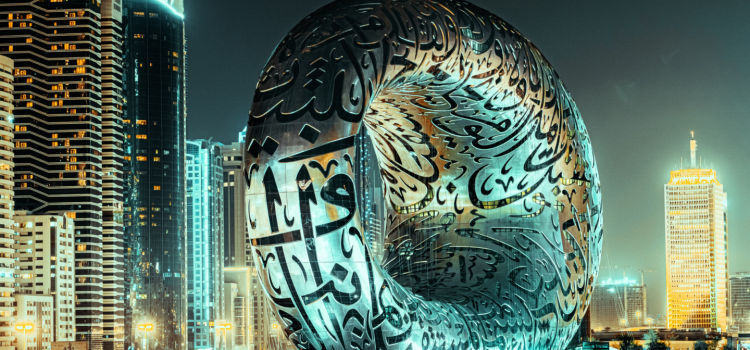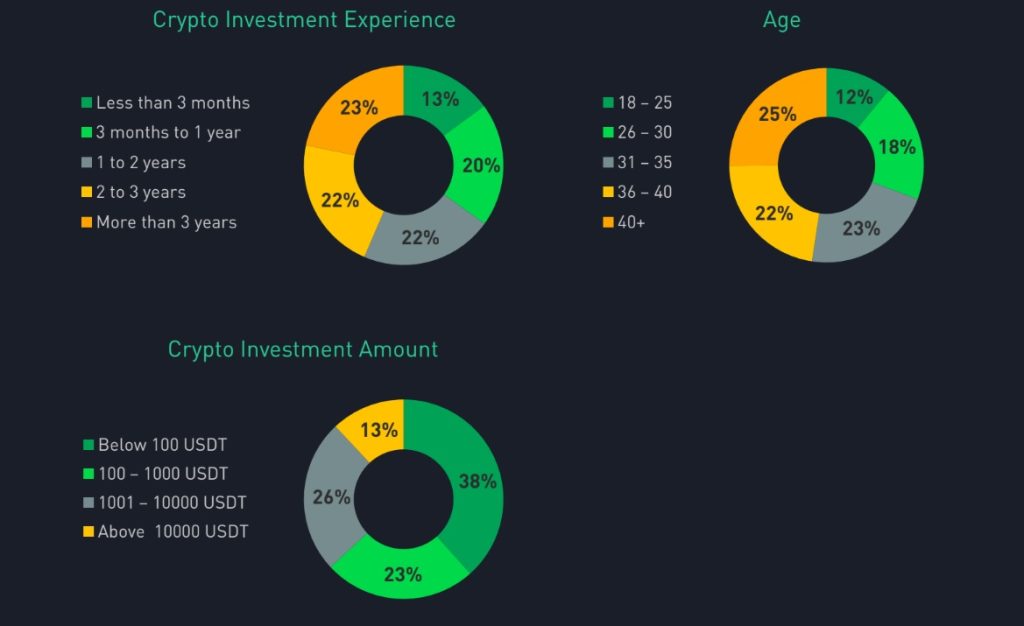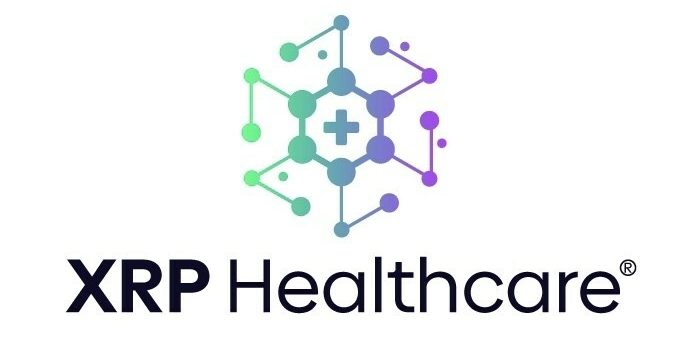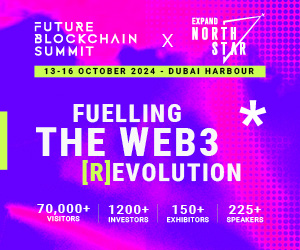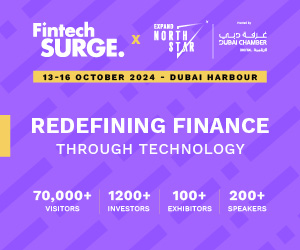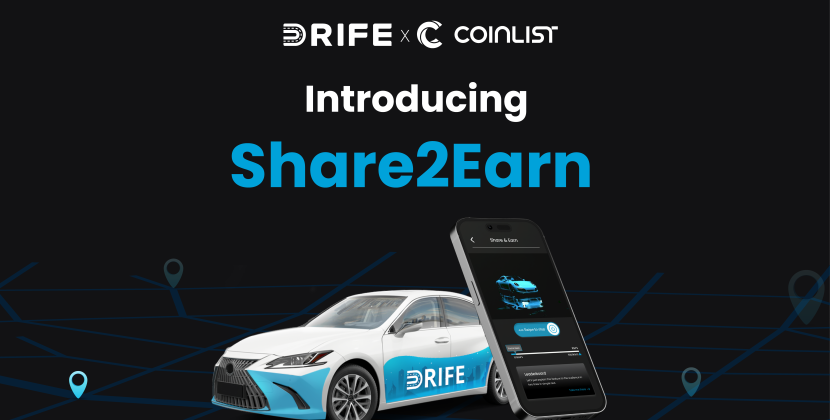
UAE based M2 crypto exchange and investment platform has partnered with UAE crypto mining Group Phoenix, to offer crypt investors with Bitcoin and Ethereum yields that reach up to 10.5%.
The alliance brings together the innovative UAE based entities and will reduce the level of counter party risk and in turn minimize volatility for investors wanting to gain exposure to cryptocurrency.
Stefan Kimmel, M2, CEO, said: “The industry leading collaboration between M2 and Phoenix Group has allowed us to design a product that utilizes Bitcoin mining to offer genuine returns for investors. Most investment platforms that offer yield returns on crypto provide it through one of two routes. The first route is proof of stake, which can result in some modest returns, alternatively the mechanic involves lending it out, and this incurs a considerable amount of counter-party risk. In our case, we are generating our returns predominantly with Bitcoin mining, which underpins the M2 Earn product.”
M2’s financial protocols are capable of reconciling client and M2 funds in near time, providing the highest levels of transparency to regulators and ensuring liquidity remains in place at all times.
The partnership with Phoenix Group empowers M2 to offer investors the assurance of investment yields based on real returns, which are generated via a 725MW Bitcoin mining operation. Founded in 2017 by Bijan Alizadeh and Munaf Ali. Phoenix aims to be the first privately owned crypto and blockchain entity to be listed on a Middle East stock market.
Bijan Alizadeh, Phoenix Group, Co – Founder and Group CEO M2, Founder and Managing Director “Phoenix vision was to set up and build an established UAE Crypto exchange, with full services for both retail and institutional investors and seeing this come to fruition is a very proud moment for us. With this strategic partnership we are in a position to provide unparalleled returns backed by the worlds largest bitcoin mining operations. We are delighted to announce this partnership which further cements the M2 and Phoenix proposition towards a collective vision, building the future of finance on secure and regulated investment products for all investors.”
“M2 has obtained a Bahamas License issued by the Securities Commission of the Bahamas (SCB), which enables it to offer the M2 Earn product to a global audience. M2 is also actively pursuing licenses in several European countries and navigating the Markets in Crypto Assets (MiCA) licensing process.
M2 Group’s commitment to the UAE is further showcased by our two other entities: M2 Limited and M2 Custody Limited (M2 ADGM). Both are headquartered in the Abu Dhabi Global Market (ADGM).
M2 is also working towards obtaining the necessary regulatory approvals to allow UAE residents to onboard, in addition to M2, with M2 ADGM which will be regulated by the Financial Services Regulatory Authority (FSRA) of ADGM. M2 ADGM will be going live at a later date with their ADGM license.

